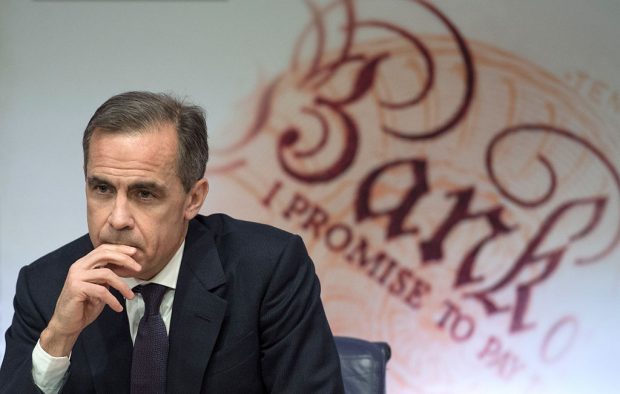So now we know. The recession that we were told would be ‘inevitable’ if we voted to leave the EU was not quite so inevitable after all. In fact, it hasn’t happened at all. The Office of National Statistics’ first estimate of economic growth for the third quarter has the economy growing by 0.5 per cent. Though this is just an early estimate and could well be revised – revision upwards or downwards of 0.1 to 0.2 per cent are perfectly normal – it is certainly not indicating a recession, which would be two quarters of negative growth. It is pretty much in line with how the economy was growing prior to the vote – a healthy annualised growth of around two per cent. That is no boom, but in the low-growth era which has followed the economic crisis of 2008/09 it is perfectly acceptable. By EU standards it is rather good.
Now just wait for the Remainers’ rearguard action. Andrew Sentence of PwC and former member of the Bank of England’s Monetary Policy Committee got his ha’porth in early by predicting there will be a slowdown next year instead. Well, there might well be. Then again, there might not be. If the post-Brexit economy has taught us one thing it is never, ever again listen to economists who make predictions about the economy. They have no better idea of what is going to happen than do you and I.
One thing which is very noticeable is that, once again, it is services which drove the economy – they expanded while manufacturing and construction shrank. Consumers proved to be not the least bit bothered about Brexit, which is not altogether surprising given that they voted for it – why should they be terrified of a result which presumably pleased more than half of them?
As for manufacturing, it was a grim quarter with output shrinking by one per cent – continuing a trend over many years for service industries to grow at the expense of manufacturing. The question is: has the sinking pound yet fed through to factory orders? Manufacturing accounts for only 11 per cent of the UK economy yet 54 per cent of our exports. Over the past few months, those exports have just become significantly more competitive in international markets. That should lead to more orders and greater output. That is one positive thing to look out for in GDP in the fourth quarter.







Comments